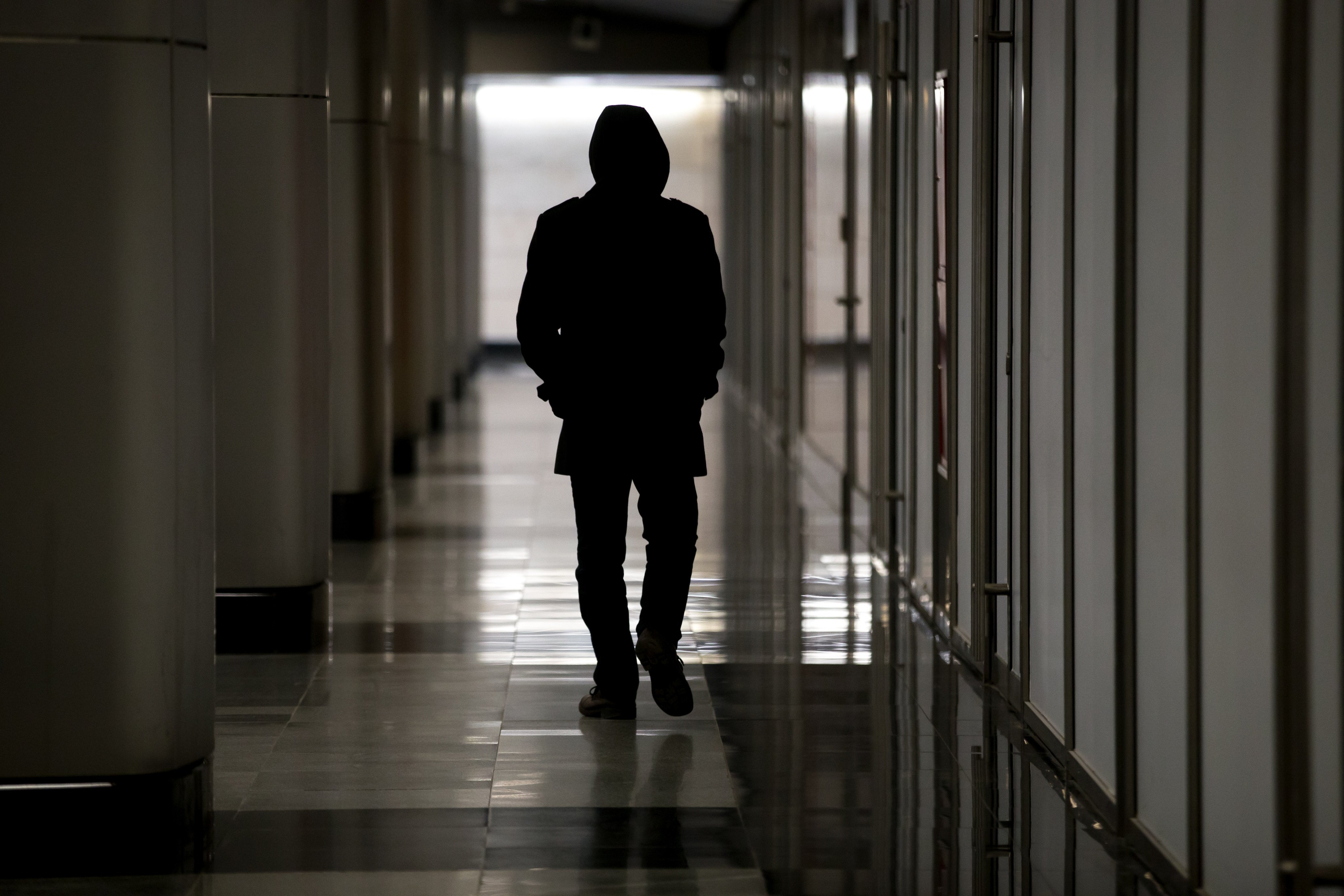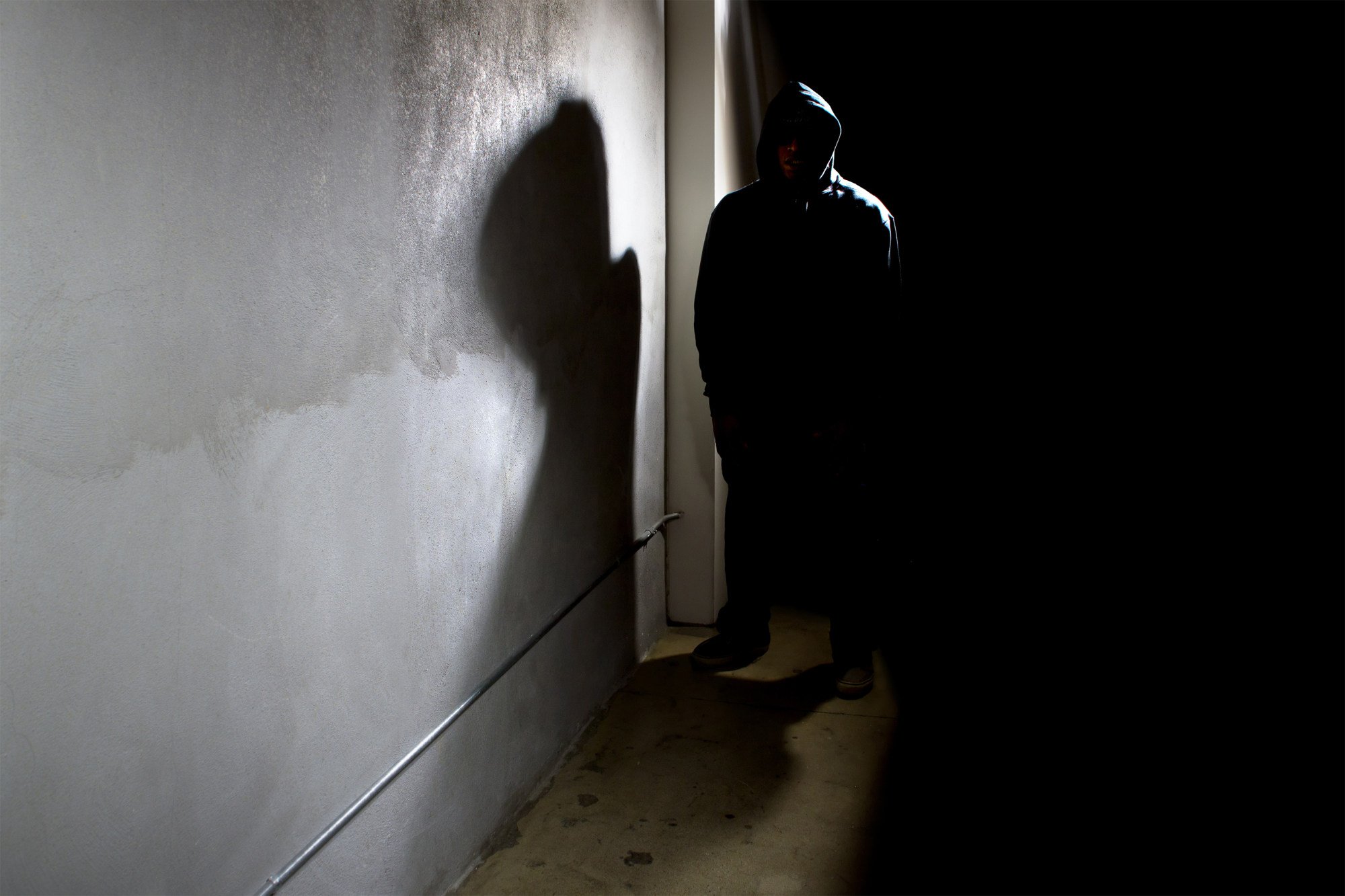Japan’s anti-stalking law under fire after tragic murder, record case numbers
Japan’s stalking cases hit record highs, sparking criticism of police handling and calls for improved mental health support for offenders

Japan’s anti-stalking law is coming under fire as cases have surged to their highest levels since the law was introduced in 2000, amid public outrage following the tragic death of a 20-year-old woman, which highlighted shortcomings in law enforcement’s handling of these incidents.
According to data released on Thursday, police detained 1,341 individuals for violations of the law, reflecting a sharp 24.1 per cent increase – or an additional 260 cases – compared to 2023, the National Police Agency (NPA) reported.
Restraining orders issued under the law surpassed 2,000 for the first time, reaching 2,415, a 23 per cent increase from the previous year. Notably, around 60 per cent of these cases were emergency orders issued in urgent situations.
Separately, police investigated 1,743 stalking-related crimes under other laws, including 378 home intrusions, 187 instances of intimidation and 122 assaults, according to The Mainichi newspaper.
The data also included 63 investigations into rape and 11 for attempted murder.
Nationwide, police recorded 19,657 stalking reports last year, a figure nearly unchanged from 2023. However, arrests related to violations of restraining orders increased to 233.
Around 8 per cent of these arrests involved repeat offenders, leading authorities to persist in monitoring the conditions of offenders while encouraging them to pursue treatment or counselling at healthcare facilities. Officers now make regular calls or home visits to all individuals under restraining orders to assess the offender’s obsession with the victim.
Police have also stepped up referrals to medical institutions and counselling services, with 3,271 counselling interventions recorded in 2024 – an eightfold increase from 2016. However, only 184 complied with treatment programmes.

In response to rising concerns, the NPA is developing a system to facilitate easier access to mental health services for offenders, according to the Japan Times.
This initiative comes amid public outrage following the recent death of a 20-year-old woman, which sparked criticism of how stalking cases are handled.
In May, authorities arrested 27-year-old Hideyuki Shirai on suspicion of murdering his ex-girlfriend and disposing of her body. By then, it had been four months since the victim, Asahi Okazaki, went missing.
Many have expressed outrage and questioned whether earlier police intervention could have prevented her death. Before her disappearance in December last year, she had lodged three separate police reports, yet law enforcement had only issued a verbal warning to Shirai about his conduct, The Mainichi reported.
Under Japan’s anti-stalking law, individuals who repeatedly commit such acts face imprisonment of up to one year or fines of up to 1 million yen (US$6,900), while those who ignore police warnings or restraining orders may receive up to two years in prison or fines of up to 2 million yen.
The law was enacted 25 years ago after a 21-year-old student in Okegawa, Saitama Prefecture, was murdered by a hitman hired by her ex-boyfriend and his brothers after she reported him for stalking, according to local media. The law has been revised several times to expand the definition of stalking and increase penalties for offenders.